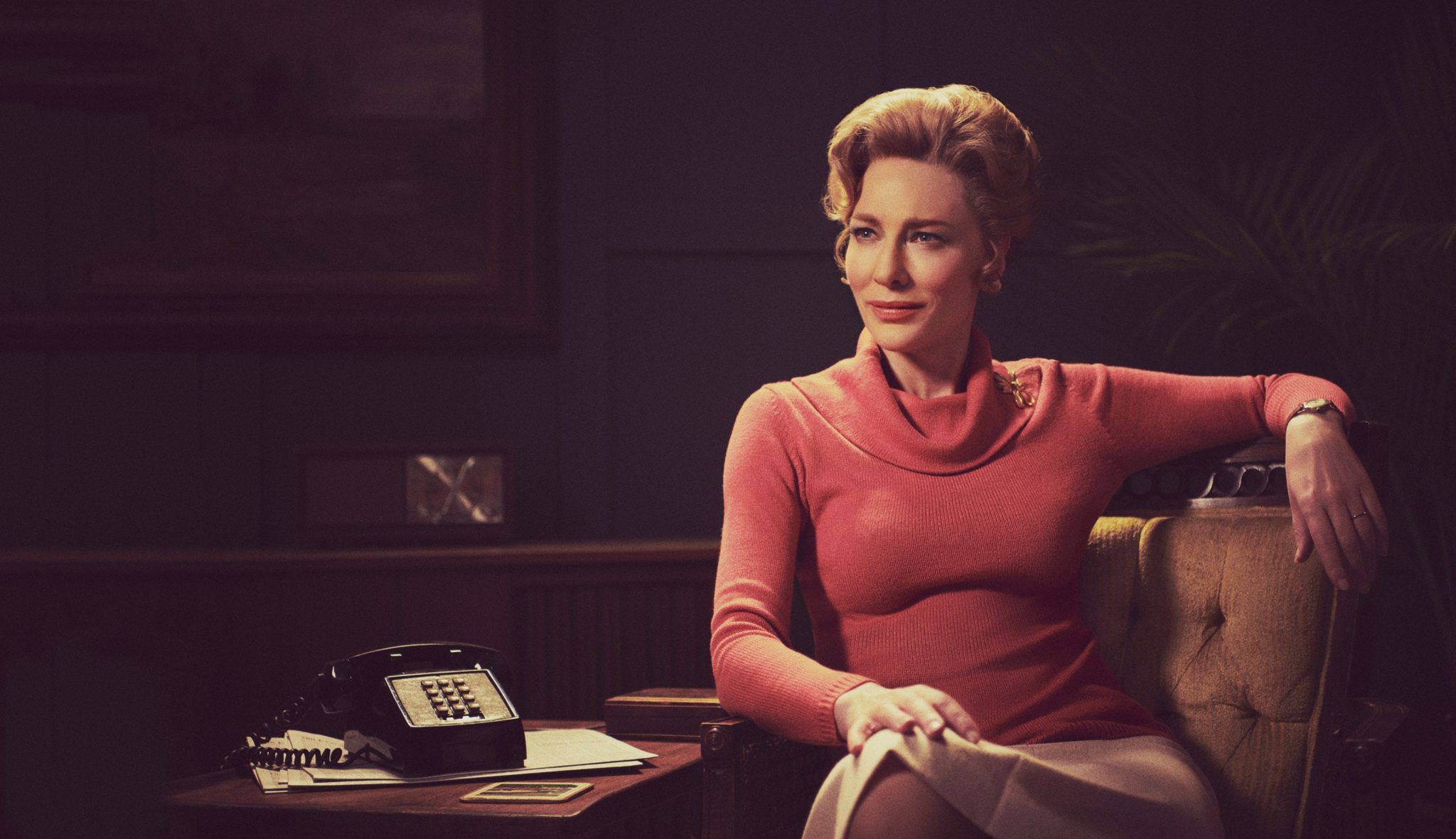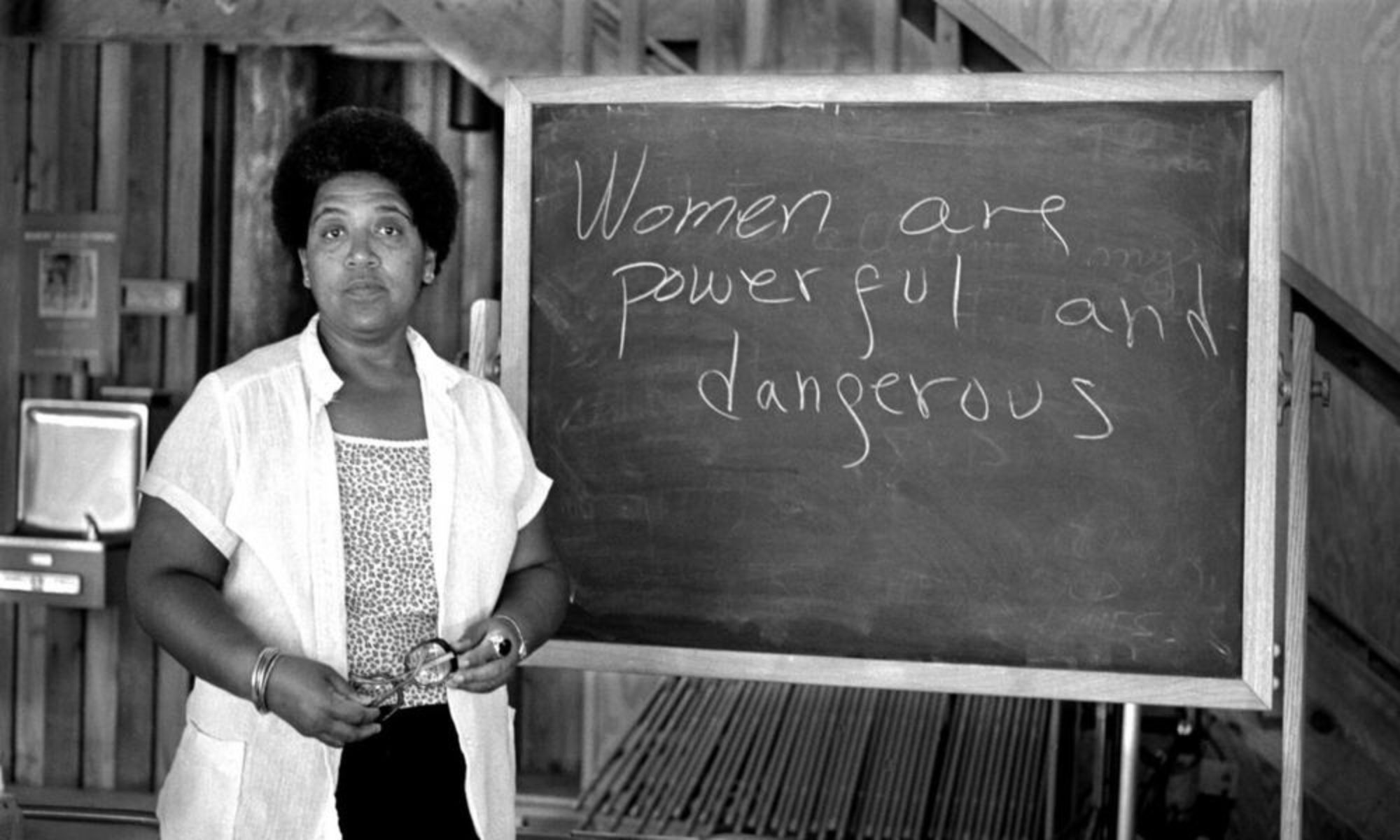
First, I want to reflect on the interview I had with my grandma. I questioned my grandma because she is 88 years old and she was born in Kiev, Ukraine. At the time my grandma lived in Ukraine it was still a part of the Soviet Union. My grandma had my uncle and only 14 years later when she was 40, she had my mom. After my uncle’s death, my grandma and grandpa (who was paralyzed from fighting in World War two) took my mom and immigrated to America. In between Ukraine and America, they lived in Italy for 5 months. When they got to America, she was too old and unhealthy to go back to school but she babysat for a family until I was born. This was difficult for her because the family was Orthodox Jewish and only spoke English and Yiddish. My grandma did not speak those languages and there was a language barrier for years until she learned a little bit of English and little bit of Yiddish. This is how the interview went with my grandma:
Q- In the Soviet Union, was there discrimination based on gender while you were growing up?
100%! I worked for the newspaper during my entire professional carrier and the men did not take me seriously because I am a woman. I had to prove that I can type fast and efficiently (I worked as a typewriter). Also, during World War two I was still a child, so I don’t have much memory, but I remember my grandma (who took care of me during the war) struggled to find a way to make money to pay for food and other necessities.
Q- What was it like immigrating to America with a handicapped husband?
It was a struggle. Not only was it a struggle because I am a woman but also because I had to take care of my husband in the process. We had connections such as; family and friends who helped us out when we got to America. Being a woman made it difficult to find a job right away in America and this was very stressful because I had the pressure of putting food on the table for me and my family.
Q-Do you miss your old life in Ukraine?
Honestly, no I don’t. My quality of life is so much better here in America. I had the opportunity to improve my life and my families so that’s what I did. I found work and although I was discriminated against because of my gender, our Jewish religion was not something that really effected my life in America but in the Soviet Union it was a grand part of the opportunities my daughter would have had.
Q- What advice do you have for women of my generation that are currently in school or just started in their field working?
Always keep your head up and have a positive attitude. The second you start viewing your gender as a weakness is the second it becomes your weakness. Women nowadays are starting to get the rights that they deserve and have been fighting for forever, so take advantage of the power you have and never give up on yourself.



